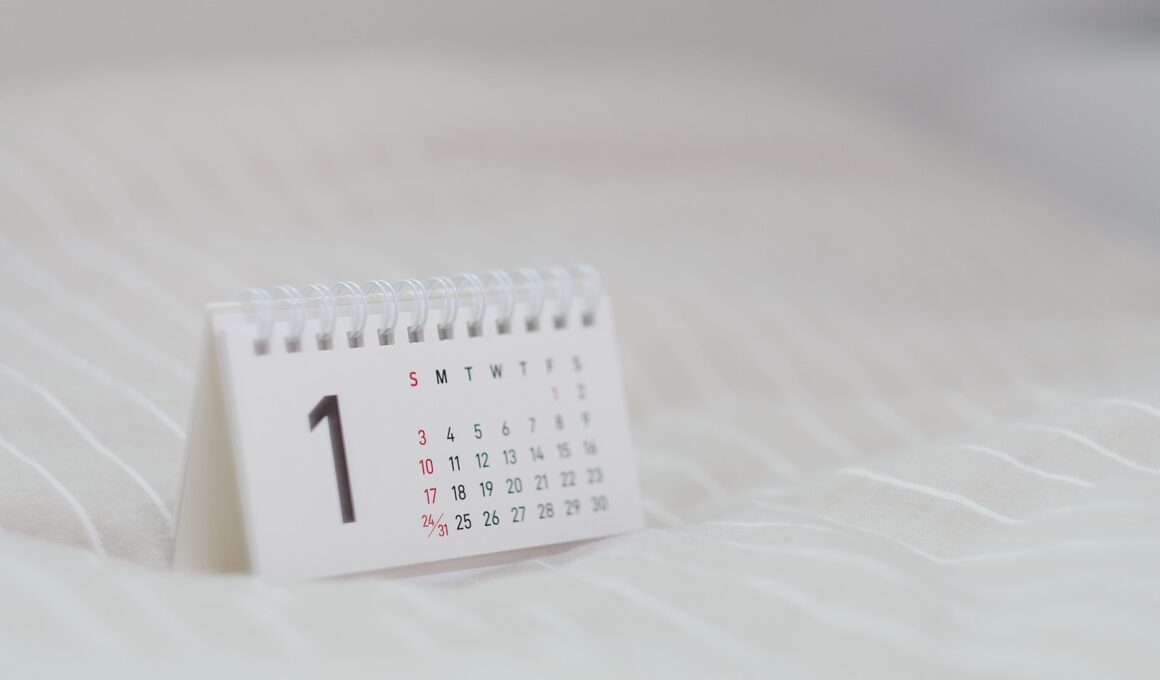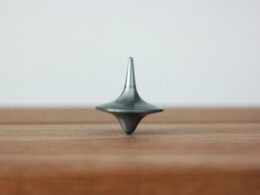Sex is a natural mood booster that deters heart diseases, serves as a form of exercise and reduces stress. It also gives your immune system a boost by increasing the levels of immunoglobulin, an antibody that protects the body against infections.
However, like anything else in excess, sex can be detrimental to your health. Here is what happens when you have sex everyday.
Vaginal dryness
Vaginal dryness is a common problem that affects the vulva and can cause itching, burning, or lack of lubrication during sex. It can occur at any age but is more common in women who have had menopause. If you are experiencing vaginal dryness, talk to your Moreland OB-GYN about treatment options.
Normally, a thin layer of clear fluid coats the inside walls of your vagina, and the hormone estrogen helps maintain that moisture. But when you have too much sex, the vagina can become dehydrated. This can lead to itching, pain during sex, and burning while you’re peeing.
A doctor can diagnose vaginal dryness with a pelvic exam and by reviewing your vaginal discharge and hormone levels. She may also prescribe a lubricant or cream that contains the hormone oestrogen to increase the amount of lubrication in your body. She might also recommend changing your sexual practices. For example, incorporating foreplay and slowing down during intercourse can help stimulate the vaginal lining to produce more oestrogen.
She might also suggest avoiding tight-fitting clothes, pantyhose, and other synthetic materials that can irritate your vulva. Instead, she might advise you to wear cotton underwear and avoid perfumes and scented soaps. Finally, she might recommend dietary changes that can increase your intake of phytoestrogens, which are plant-based compounds that mimic the effects of the hormone oestrogen.
Bladder and vaginal infections
Having frequent sex is normal, but it can be risky to your health. If you are having sex every day and you feel like it is making your life more difficult than usual, then you should talk to your doctor about what you are experiencing. There could be an underlying medical problem that is causing you to feel this way.
One of the disadvantages of having sex every day is that it increases your risk for bladder and vaginal infections. This is because the more sex you have, the less natural moisture your body creates in your vulva, which makes it easier for bacteria to invade. If you have a bladder infection, you may experience pain when urinating, as well as other symptoms such as nausea, chills and back pain.
Women can also get urinary tract infections (UTIs) more frequently than men when they have frequent sex. This is because the urethra in females is shorter than in men, making it easier for bacteria to enter and infiltrate the bladder. Other reasons you might develop a UTI include a new partner; using spermicide or lubricants; using a diaphragm; having an enlarged prostate or pelvic organ prolapse; having diabetes or kidney problems; and transitioning to menopause, as this decreases your estrogen levels.
To minimize your chances of getting a UTI, avoid douches and sprays in the genital area because they can wash away protective bacteria. You can also try taking a daily dose of antibiotics to help prevent the infection from occurring in the first place.
Exhaustion
Having daily sex can be really great for your libido and even your health. It can help reduce stress, boost your mood and lower the risk of high blood pressure. It can also increase the production of oxytocin, which is known to decrease pain and tension. However, there are some disadvantages of having sex too often, such as exhaustion and the risk of physical problems like bladder and vaginal infections and premature ejaculation for men.
Exhaustion after sex happens because your body is burning a lot of energy during sexual activity and needs to rest. This is especially true for men, who have a much higher rate of muscle movement. Besides, your heart is beating faster during sex, and it increases blood circulation, which can also drain you of energy.
If you find yourself drained after sex, it might be time to talk to your partner. You may have some issues going on that are causing you to feel tired and you need to work through them. Alternatively, you could try to get more sleep or start exercising regularly to boost your energy levels. Finally, it’s important to manage your stress levels, which can also cause fatigue. You can do this by practicing mindfulness or meditation, listening to calming music and finding other ways to de-stress.
Infertility
If you’re trying to conceive, you might be worried that having sex everyday could lower your chances of getting pregnant. But the good news is that it probably won’t. In fact, a study published in the New England Journal of Medicine found that having sex every day only slightly decreases pregnancy odds compared to sex on alternate days. The reason is that sperm count doesn’t drop when sex occurs on a daily basis.
The key to getting pregnant is having sex during your fertile window, which begins around five days before ovulation (when an egg is released from one of the follicles in your ovaries). The exact time of your ovulation cycle varies from person to person. It’s possible to pinpoint when you’re most fertile by tracking your periods, analyzing cervical mucus, or monitoring your basal body temperature.
However, keeping track of your ovulation can be confusing. Plus, focusing too much on when to have sex can take the fun out of it. So don’t worry if you can’t conceive after following all of the advice to get pregnant: If you have a partner, enjoy each other in private and do what works best for you. Just be sure to use condoms for birth control.









